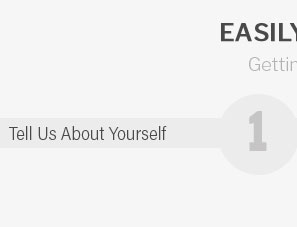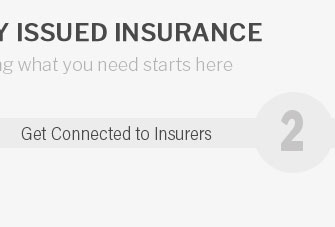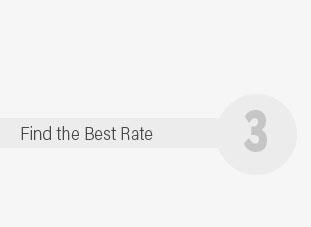 |
 |
 |
|---|
 |
 |
 |
 |
|---|
 |
 |
 |
 |
 |
 |
|---|

Understanding the Best Insurance for Cars: A Comprehensive GuideChoosing the right car insurance can feel like navigating a labyrinth, especially with the plethora of options available today. The key to finding the best insurance lies in understanding your specific needs and the features that different policies offer. This article aims to demystify the process by providing a step-by-step explanation of what to consider when selecting car insurance, thereby empowering you to make an informed decision. Step 1: Assess Your Needs First and foremost, it is crucial to assess your individual needs. Are you looking for basic liability coverage or something more comprehensive? If you drive an older vehicle, you might not need collision coverage, whereas a newer car may benefit from a more robust policy. Understanding your vehicle's value and your driving habits is essential in determining the level of coverage you require. Step 2: Compare Coverage Options Once you've identified your needs, it's time to delve into the specifics of different insurance policies. While liability coverage is mandatory, you might want to consider additional options like collision, comprehensive, or uninsured motorist protection. Each of these has distinct advantages - collision covers damages from accidents, comprehensive handles non-collision-related damages like theft or natural disasters, and uninsured motorist coverage protects you if you're involved in an accident with an uninsured driver. Step 3: Consider the Insurer's Reputation The reputation of the insurance company is another significant factor. A company with a solid track record of customer satisfaction, ease of claims processing, and financial stability can make a substantial difference in your experience. Customer reviews and ratings from independent agencies can provide insights into an insurer's reliability. Step 4: Evaluate Discounts and Incentives Many insurance companies offer discounts that can significantly reduce your premiums. Safe driver discounts, bundling multiple policies, or installing anti-theft devices are just a few ways to save money. It's worth inquiring about these opportunities when shopping around. Step 5: Analyze the Cost vs. Coverage While it might be tempting to opt for the cheapest policy, it's crucial to balance cost with coverage. Cheaper isn't always better, especially if it results in inadequate protection. Evaluate what you're getting for your money and whether the coverage aligns with your expectations and potential risks. Step 6: Review the Fine Print Finally, before making a decision, review the policy's terms and conditions thoroughly. Pay close attention to exclusions, deductibles, and any specific conditions that could affect your coverage. This ensures there are no surprises when you need to file a claim. In conclusion, finding the best car insurance requires a thoughtful approach, balancing your personal needs with the offerings of various insurers. By following these steps, you can navigate the complexities of car insurance with greater confidence and select a policy that provides the best protection for you and your vehicle. https://www.quora.com/Is-State-Farm-considered-a-good-auto-insurance-company-If-not-what-are-some-better-alternatives
State Farm is a solid company with a long track record. However, they do offer a very basic coverage for life insurance. The in force policy ... https://idoi.illinois.gov/consumers/consumerinsurance/auto-insurance-shopping-guide.html
You should shop around for the best insurance product at the best price. Determine what coverage you need and what it will cost. Obtain more than one quote. https://www.nerdwallet.com/article/insurance/best-car-insurance-in-michigan
Here are the best car insurance companies in Michigan: - Auto-Owners: Best insurance company overall. - Geico: Best for affordability. - Auto- ...
|
|---|